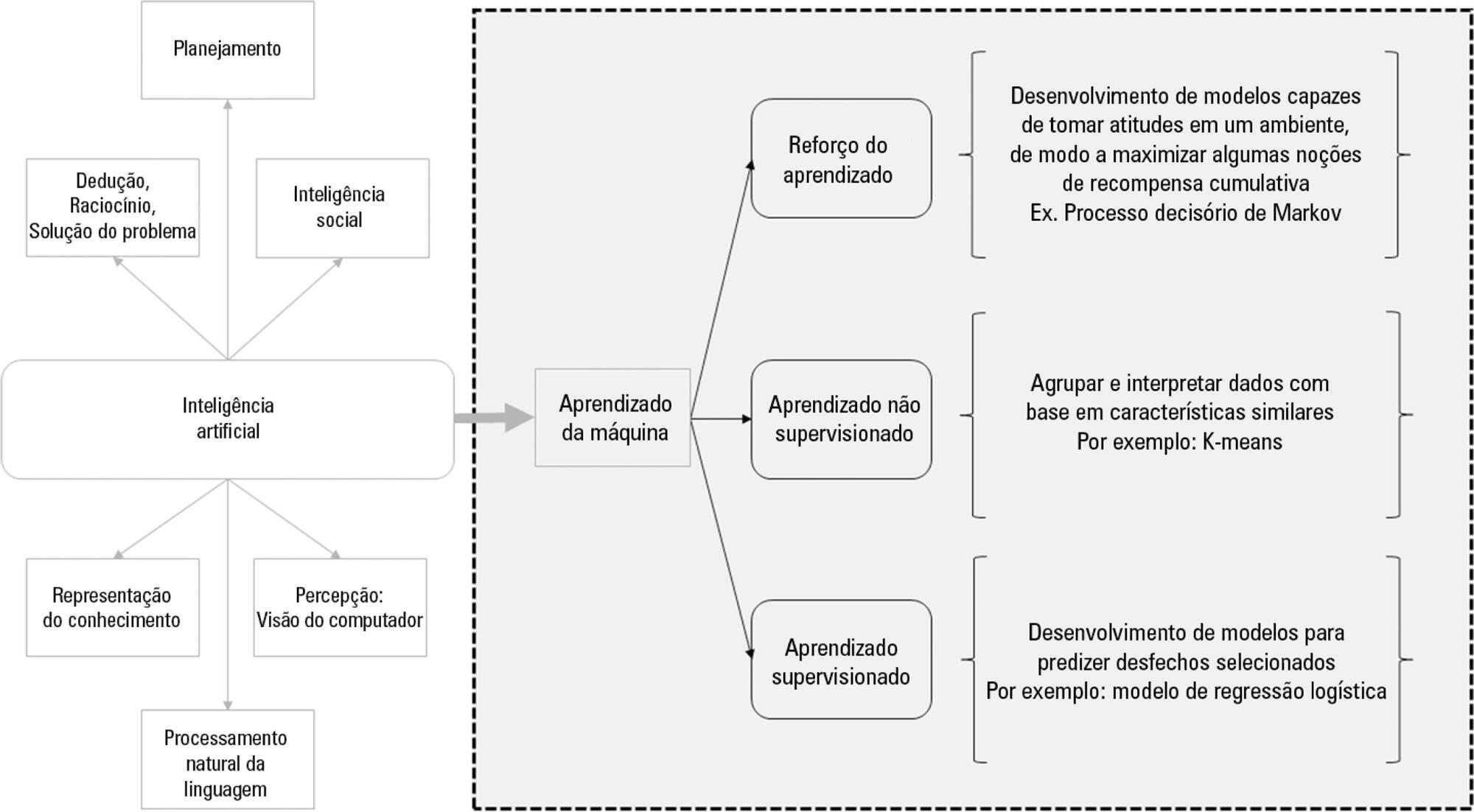
The conjunction of increasingly available access to big medical data and of substantial progress in machine learning (ML) and artificial intelligence (AI) has created new, unforeseen opportunities for data science in healthcare. Big Data is described as having at least three distinct characteristics, volume, velocity, and variety, but in regard to healthcare, it also includes variability and value.() Therefore, it is very challenging to extract any useful information from Big Data using traditional statistical methods.() Big Data analytics has immense potential for improving quality of care, helping physicians and nurses to make more personalized clinical decisions, reducing waste and errors and possibly reducing the cost of care.() Anticipating organ dysfunction before it occurs can be extremely helpful to (i) make better and more tailored therapeutic decisions and (ii) in some instances, prevent the occurrence of organ failure by appropriately adjusting the therapeutics upfront. Additionally, the ability to predict any upcoming deterioration can be very helpful to assist clinical leadership in proactively allocating human resources. Malak et al. recently proposed a multiagent risk management architecture based on Big Data and analytics in order to create a collaborative and real-time environment to manage neonates with critical conditions at the neonatal intensive care unit (ICU).()
[…]
Search
Search in:


Comments